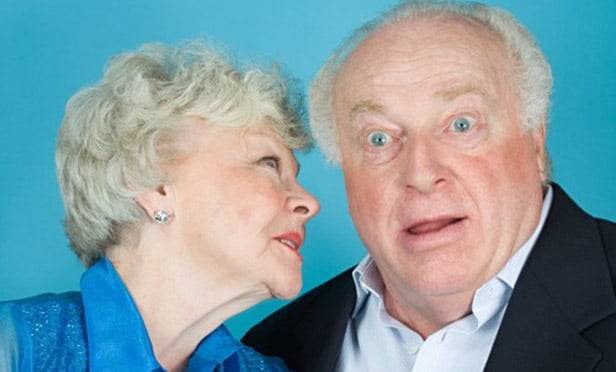

The Employee Benefit Research Institute has just issued a new report on health care expenses in retirement that is likely to shock many advisors and their clients.
According to the report, a couple 65 years old with median prescription drug expenses would need $296,000 in savings to have a 50% chance of having enough on hand to cover their health care expenses in retirement. If they wanted 90% odds of covering those costs, they would need $400,000 in savings.
Moreover, "many Americans will likely need more savings than cited in this report," said Paul Fronstin, director of EBRI's Health and Research and Education Program and co-author of the report, in a statement. That's because the study doesn't factor in long-term care expenses and other health expenses not covered by Medicare; its calculations include projected premiums for a comprehensive Medigap plan that will no longer exist for new Medicare recipients starting in 2020, namely Plan F; and cutbacks are expected in the Medicare program as well as in private employment-based retiree health programs.
In addition to Plan F, EBRI's calculation include premiums for Medicare Parts B (for physicians, ambulances and preventive services) and D (prescription drugs) and out-of-pocket spending for outpatient prescription drugs.




